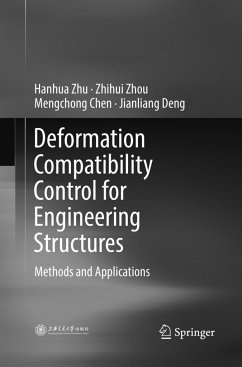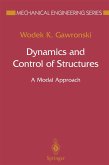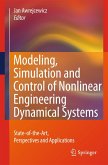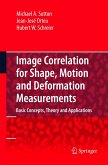This book presents essential methods of deformation compatibility control, and explicitly addresses the implied conditions on the methods' deformation compatibility. Consequently, these conditions can be considered in engineering structure design, while the conditions on stable equilibrium can be taken into account in the design method. Thus, the designed deformation and the actual deformation of the respective structure are approximately identical, guaranteeing both the flexibility of the construction material in force transmission and the equilibrium of force in the structure.
Though equilibrium theory in engineering structures has been extensively studied, there has been comparatively little research on compatibility. In the limited researches available, the topics are primarily the theories and assumptions on the deformation compatibility, while few systematic works focus onthe mechanical theoretical principles and methods of deformation compatibility control. As such, the flexibility of the construction material in force transmission and the stable equilibrium of the structure as a whole cannot be guaranteed based on these research results.
Successfully addressing this important gap in the literature, the book is intended for researchers and postgraduates in engineering mechanics, civil engineering and related areas.
Though equilibrium theory in engineering structures has been extensively studied, there has been comparatively little research on compatibility. In the limited researches available, the topics are primarily the theories and assumptions on the deformation compatibility, while few systematic works focus onthe mechanical theoretical principles and methods of deformation compatibility control. As such, the flexibility of the construction material in force transmission and the stable equilibrium of the structure as a whole cannot be guaranteed based on these research results.
Successfully addressing this important gap in the literature, the book is intended for researchers and postgraduates in engineering mechanics, civil engineering and related areas.









